The
Smart Girls Guide to
Getting What You Want
HOW TO GET WHAT YOU WANT
WITH WIT, GRACE AND STYLE
MARY HARTLEY

Mary Hartley is a writer, presenter and personal development coach specialising in people skills and communication. She has published a range of books on stress management, assertiveness, managing anger and listening skills and has been widely quoted in leading newspapers and magazines as well as appearing on radio and television shows.
Marys books offer practical realistic advice and include self-assessment materials, exercises and practical tips to increase your confidence and self-esteem. They focus on ways of developing a positive style of behaviour based on self-respect and respecting others.
Mary Hartleys published books include: The Good Stress Guide, How to Listen, How To Cope With Stress At Work, How To Cope With Anger at Work, The Assertiveness Handbook, A Guide to Anger Management, The Busy Womans Handbook and Body Language at Work.
Contents
CHAPTER ONE
.
What is a Smart Girl?
A SMART GIRL, no matter what her age, is one who has learnt from her years on this planet. She has learnt it is vital to establish and develop sound and fulfilling relationships in every area of life. She has learnt to embrace opportunities to connect with other people without being scared to speak or take the initiative. She takes responsibility for her actions and her words. She is comfortable in her own skin and will take risks, secure in the knowledge that if something does go wrong, positive communication can put it right. And she knows the gifts of grace and confidence are not bestowed on us at birth by some kindly fairy godmother but are skills and approaches that she can learn and develop. Discovering fabulous ways of communicating is exciting and challenging. Its one of the thrills of being grown-up, and will enhance your life and your relationships.
Why assertiveness is smart
Assertiveness is a way of behaving and communicating that is based on acceptance of oneself and of other people. It demonstrates confidence without being overconfident, and self-control without trying to control others.
It shows you respect yourself and you respect other people as well in fact, you respect others too much to play games with them or to patronise them by assuming they cannot take dissent or disagreement.
When you behave assertively, you are open and honest without hurting or diminishing others. You put forward your opinions and needs without putting yourself up on centre stage.
This behaviour is smart because it shows a high degree of self-awareness and self-knowledge and a willingness to engage honestly with other people. You know that there is nothing to lose and everything to gain from being open and upfront. You are not scared to put yourself out there.
We are all social beings and other peoples opinion and perception of you matter but you are at the stage in life, either in years or mentality or both, where you can take responsibility for yourself. You are not cowed into behaving in certain ways because you worry what someone will think of you because you are confident enough to be true to yourself.
You acknowledge and own your feelings without trying to place the responsibility or blame for them on to other people.
Being assertive enables you to live a grown-up life, with all the challenges, enjoyments and contradictions that may involve.
And you can do it with style.
Why we find it hard to be assertive
You think it means being aggressive
It is easy to see why you might think this. The word assertive is often wrongly used to describe forceful, dominant behaviour which may have toppled off the high end of the assertiveness scale and become aggressive.
We will look more closely at the crucial differences in these two styles of behaviour but bear in mind that assertive behaviour is inclusive of others needs and positions, whereas aggressive behaviour is blind to anyone elses feelings, words or situation.
Aggressive responses tend not to be thought-out. They are instinctive reactions, sometimes very healthy ones, like the yell you give if you see someone trying to make off with your bag, or the bellow you did not know you had in you when you want to stop a child running across the road. Thats fine.
In most circumstances, however, more controlled responses are more appropriate. Sometimes, the line between assertion and aggression is thin, but stay on the right side of it and you will not be perceived as aggressive. You are a smart girl, not a pushy cow.
You want to be liked
It is only natural to want people to like us. None of us wants to be Jenny No-Mates. Our natural desire from babyhood onward is to be accepted and to be part of a group. As for the benefits of friendship, many of us value and nurture our close relationships and our friendships more with each passing day, and we dont want to do anything to jeopardise them. So we feel we cannot do or say anything we think might contradict or upset someone else and this perception puts a stranglehold on our behaviour.
But upping your input in an assertive way wont turn people away: it will help to forge stronger connections. Anxiety about being liked can make us behave in quite un-smart ways such as not opening our mouths in case we offend someone, behaving in a way we think will get approval and please other people, never refusing a request and never asking for anything in case we put someone out.
If you take this to the extreme so it becomes a way of life, you could end up relinquishing all control over your actions and becoming a liability to yourself. The fear of not being liked could rob you of the ability to respond honestly and independently, which may be frustrating not only for you but for the people you deal with as well.
The desire to be nice and to be liked can be self-defeating as you may irritate and frustrate those who would welcome a positive response and find wimpish, lukewarm communication just plain annoying.
You dont want to be rude
Of course you dont want to be rude! Smart girls dislike impolite, thoughtless or ungracious behaviour. They would never behave in this way (or if they do, they apologise and make amends pretty quickly).
We need to pause and think about the use of the word rude in this context. We probably mean behaviour that is not polite and that is socially unacceptable. It is likely that we use the word in a variety of contexts, some of which reflect our own views and some of which reflect ideas about behaving nicely which we received when we were children:
 Its rude to stare.
Its rude to stare.
 Its rude to contradict.
Its rude to contradict.
 Its rude to speak with your mouth full.
Its rude to speak with your mouth full.
 Its rude to push in.
Its rude to push in.
Some of these examples do indicate lack of courtesy or consideration for others, which is what rudeness or impoliteness is all about. But one of these activities may actually be done assertively and graciously the second on the list. It is

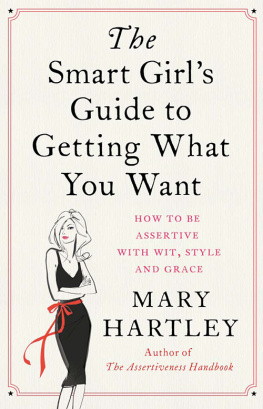
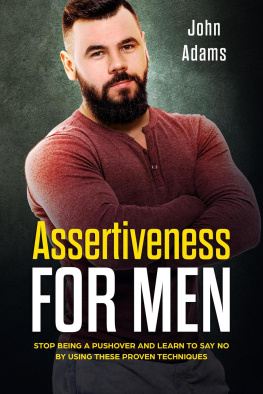
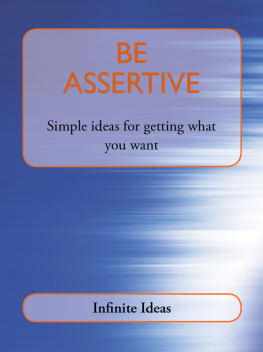
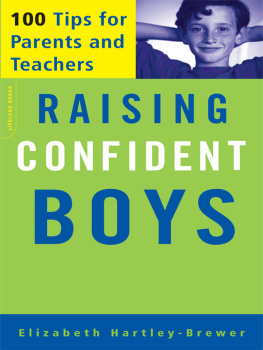
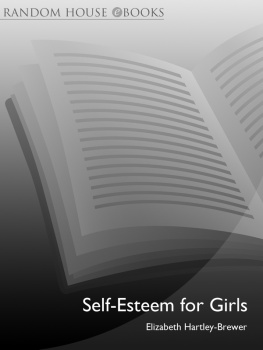
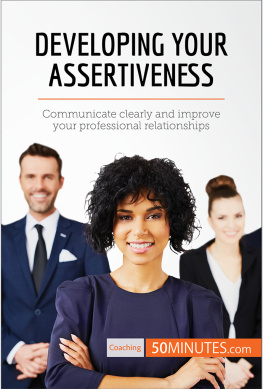

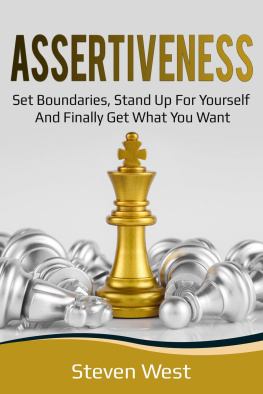
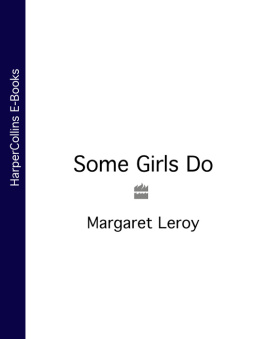
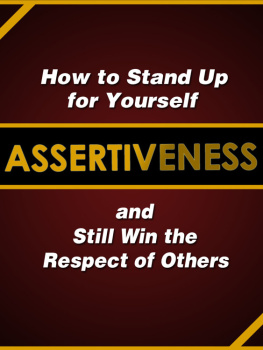
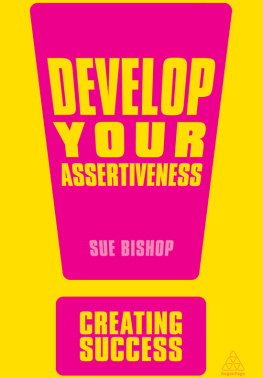
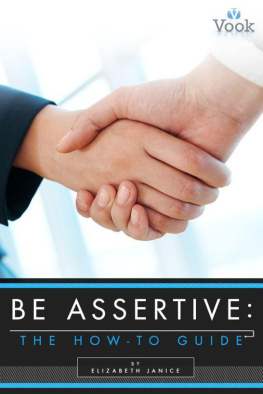


 Its rude to stare.
Its rude to stare.